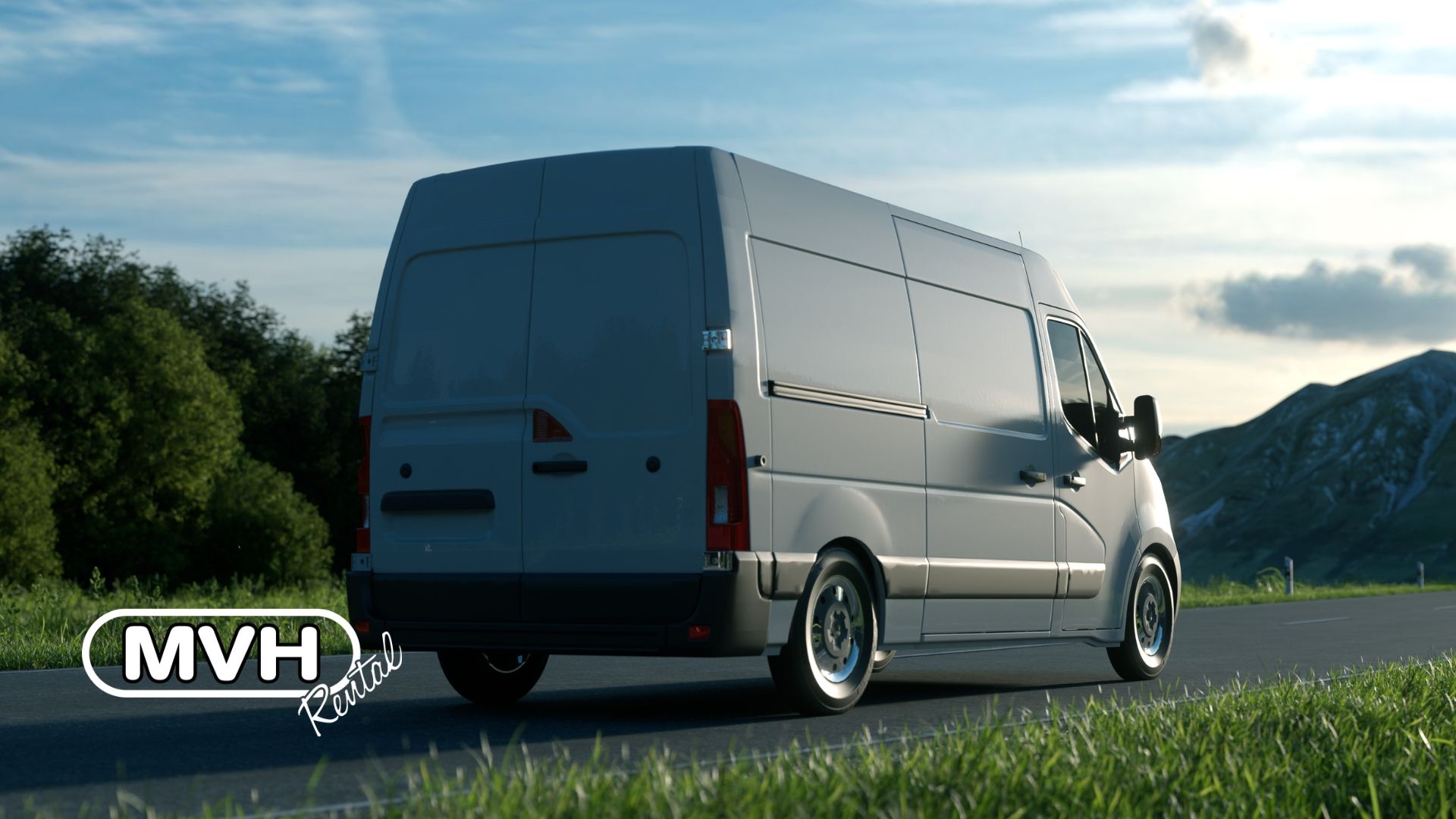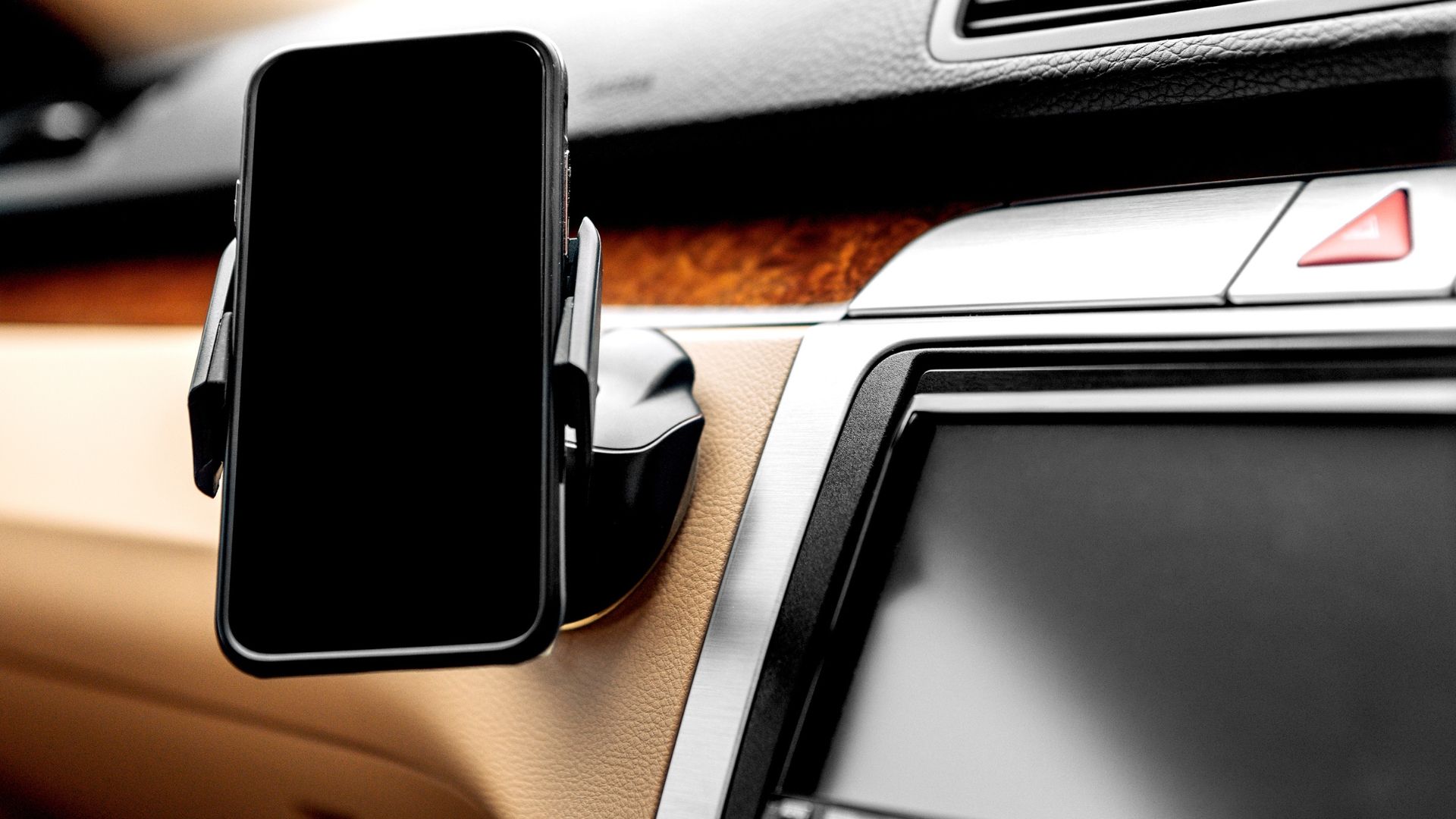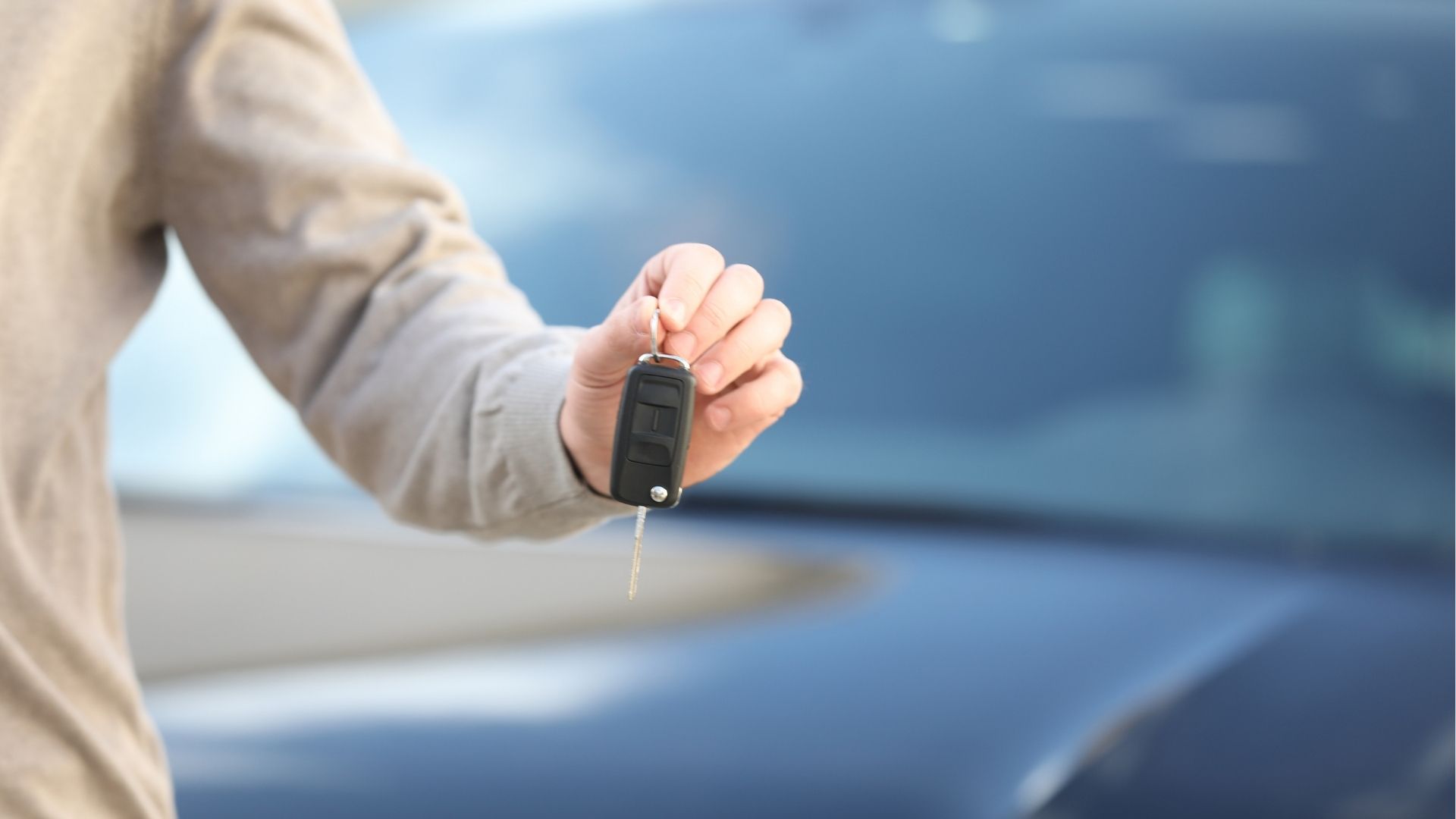Van driving: kerb, axle and gross weight explained
Gross vehicle weight, kerb weight, unladen weight – what do they all mean? Join us for a deep dive into the topic of van weight.

"How much does your van weigh?" is not a question that's likely to cross many people's minds. But it's an important one for van drivers and fleet managers alike.
It's not just that an overloaded van can lead to unsafe driving. It's also an offence that can result in a fine.
The DVSA takes overloaded vans very seriously and carries out spot checks. If you're caught driving one, you can be fined.
Some drivers will be overloading their vans deliberately on the assumption that they won't be caught. But others will do so accidentally.
That's one reason why it's important to know how much your van weighs before setting out on a journey – or before hiring. If you know you're going to use your hire van to carry especially heavy loads, you need to make sure it's fit for the job and won't land you in hot water.
In this article, we break down the law, the penalties you can face and the different ways of measuring your van's weight.
Safety considerations
Safety is key to the question of van weight.
Government guidance states clearly that penalties exist to "preserve road safety".
If a van is overloaded, it could put excessive pressure on steering, axles, brakes and suspension. It's for this reason that the law lays down upper weight limits – and why there's no ambiguity about them.
A van bulging with goods might struggle to manoeuvre properly. This can create safety issues when the driver needs to respond to hazards on the road. Worse still, it can lead to loss of control or serious instability.
This is why the DVSA takes overloaded vans so seriously. It's to prevent avoidable accidents and keep everyone on the road safe.
(Side note: overloading your van is also bad for fuel efficiency.)
What are the consequences?
If you're caught driving an overloaded van, you can be given a fixed penalty notice (FPN). This ticket is endorsable, meaning you'll be fined and have points added to your licence (usually three).
The size of the fine will depend on how far you've exceeded the legal weight. That means:
- If your van is overloaded by less than 10%, you'll receive a £100 penalty.
- Between 10% and 15% will lead to a £200 fine.
- And 15% and over will get you a £300 fine.
The DVSA allows for five per cent wiggle-room before slapping you with an FPN – unless the van is overloaded by a tonne or more.
If your van is 30% over the legal limit, you'll be given a court summons. And if – as is very likely – you're deemed to be a danger to other drivers, you could get a dangerous driving charge too.
How can you avoid it?
Sometimes, knowing whether you've overloaded your van is a matter of gut feeling. If it looks overloaded, it probably is. A wobbly or sagging van is clearly not fit for the road.
If you're still unsure, your best bet is to take it to a weigh station at the start of your journey. It's not worth getting fined, so get it checked before it's too late.
Different types of van weight
We're not talking about different measurements (kilos or tonnes?) We're talking about gross vehicle weight or kerb weight.
Gross vehicle weight
Gross vehicle weight is the weight of the van, the driver, its passengers and its load. The upper legal limit for Light Commercial Vehicles – which includes most vans – is 3.5 tonnes (3,500 kilograms). This is the highest weight that's considered safe by the DVSA.
It should be found in your vehicle's manual as well as on a plate somewhere inside the vehicle.
You'll sometimes hear gross vehicle weight referred to as MAM (maximum authorised mass) or gross plated weight.
Kerb weight
By contrast, kerb weight is what the van weighs when it's empty. It doesn't include the weight of the driver, passenger or load – but it does include the fuel.
You need to know both the gross vehicle weight and kerb weight to calculate your vehicle's payload. You can do this by subtracting the kerb weight from the gross vehicle weight.
Kerb weight is also known as "unladen weight".
How about axle weight?
Each axle in your van will have an upper weight limit – so when you're loading, you need to make sure that the weight is evenly distributed.
If you don't do this, you could end up with a wonky van. A wonky van is not only hard to steer and brake, but it's also hazardous and vulnerable to fines.
Even if you haven't exceeded the gross vehicle weight, you can still get done for placing excessive weight on the axles.
Tips for loading your van safely
- Load bulky items first. Distribute them evenly so as not to put excessive pressure on the axles.
- Once you've done that, load items from the back to the front. Place smaller items under and inside bigger ones to stop them from shifting about.
- Use mesh, netting or a plywood barrier to ensure your load doesn't move around in transit.
- Protect fragile items with blankets and use anchoring points to lash items in place.
- Take care not to accelerate too fast or brake too suddenly. This can cause items to move around inside.
- Don't stack your load too high.
- Make sure you don't exceed upper legal limits.
If you follow these tips, you'll maximise space and significantly reduce the risk of your goods getting damaged. You'll also make sure you don't break the law and end up with an avoidable fine.
So there you have it – your guide to van weights and how to ensure you're driving within the law.
Are you looking to
hire a van in Gateshead? You've come to the right place. Take a look at our fleet or
get in touch to find out more.











